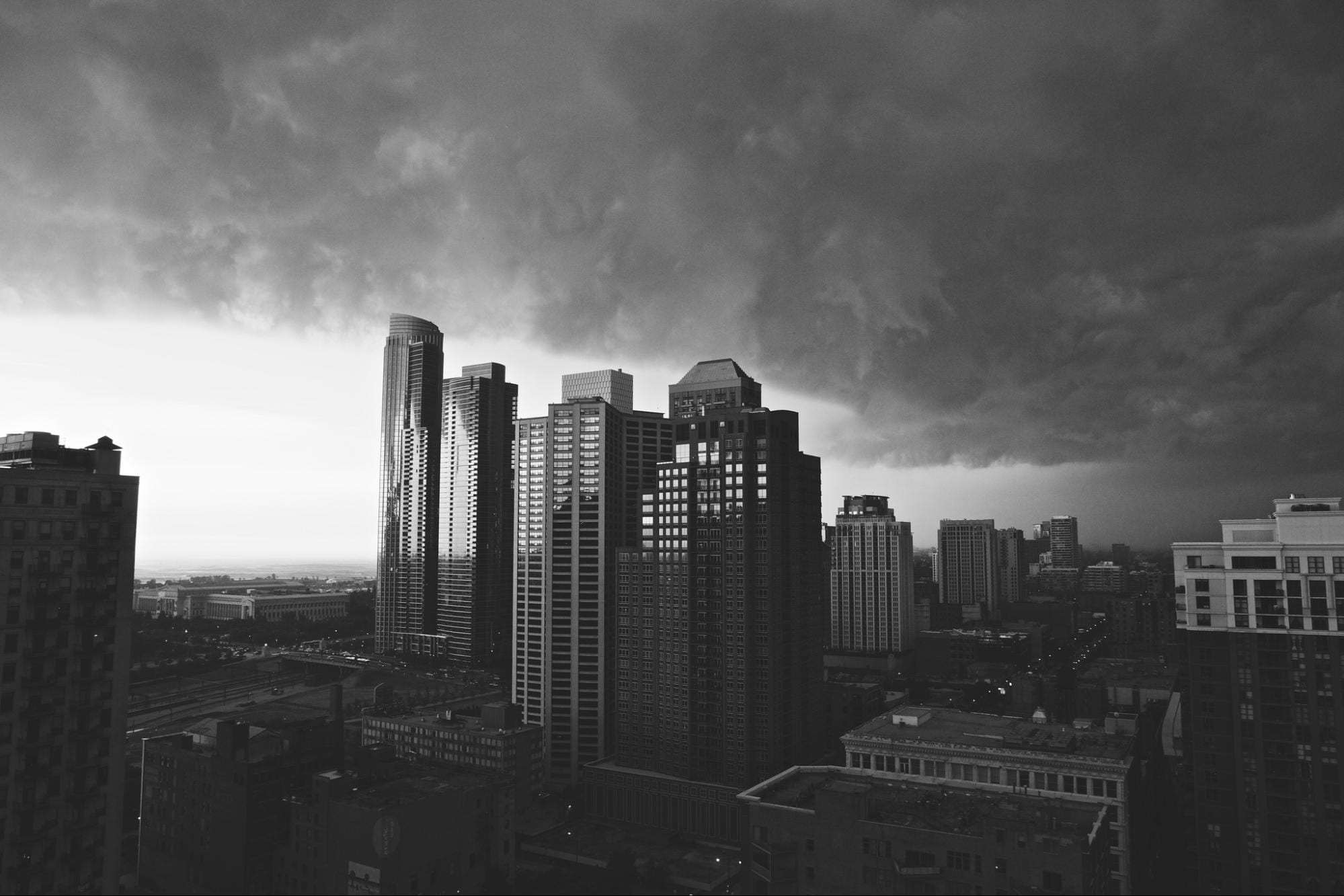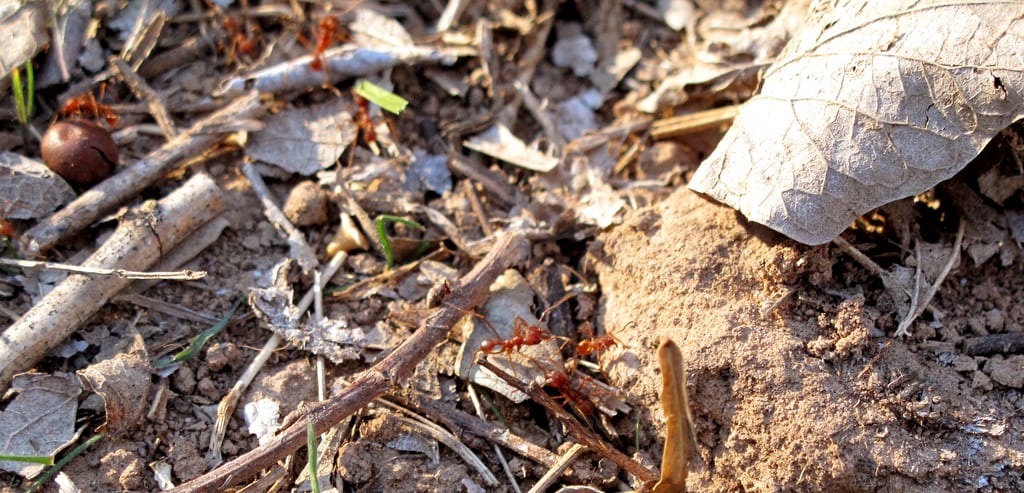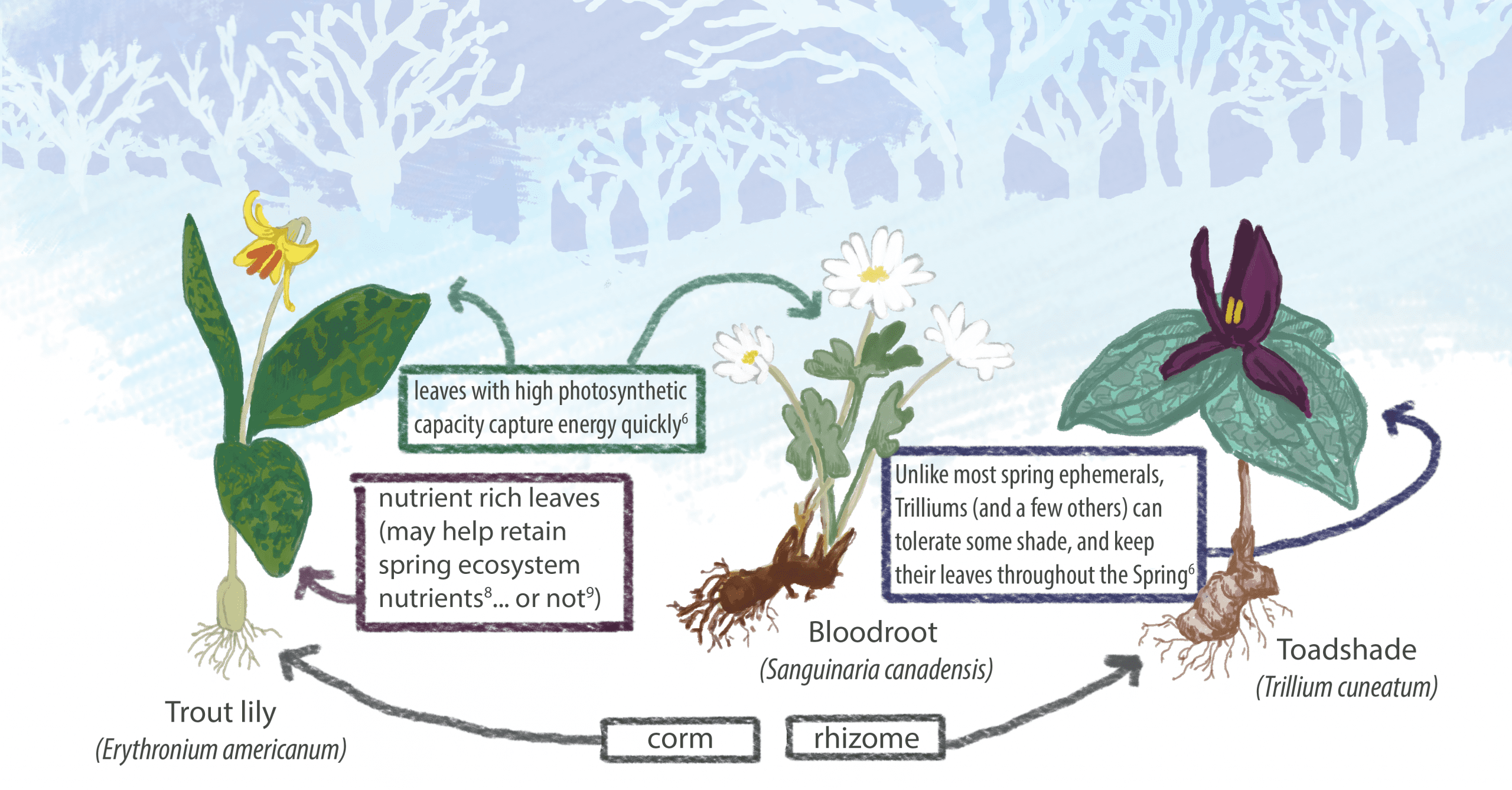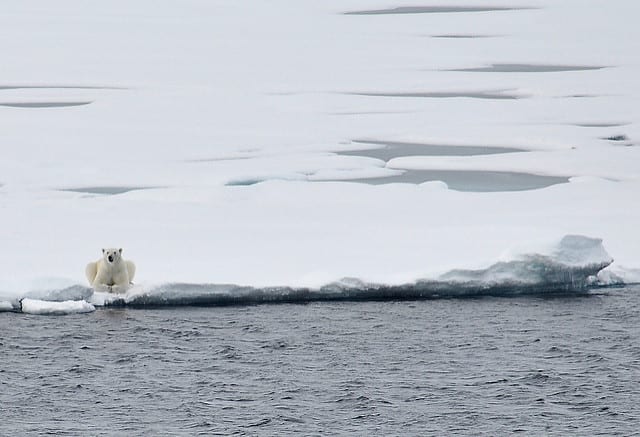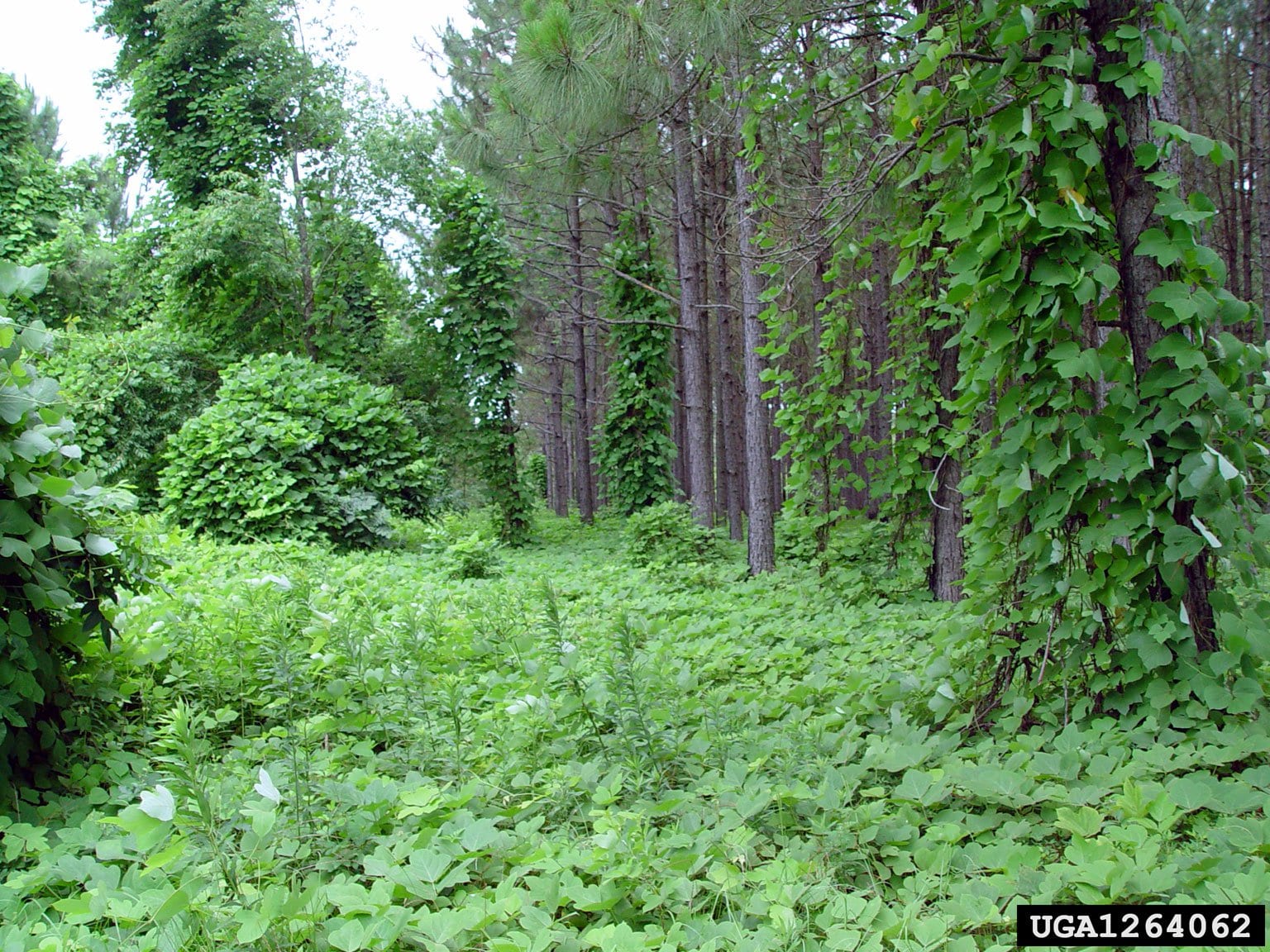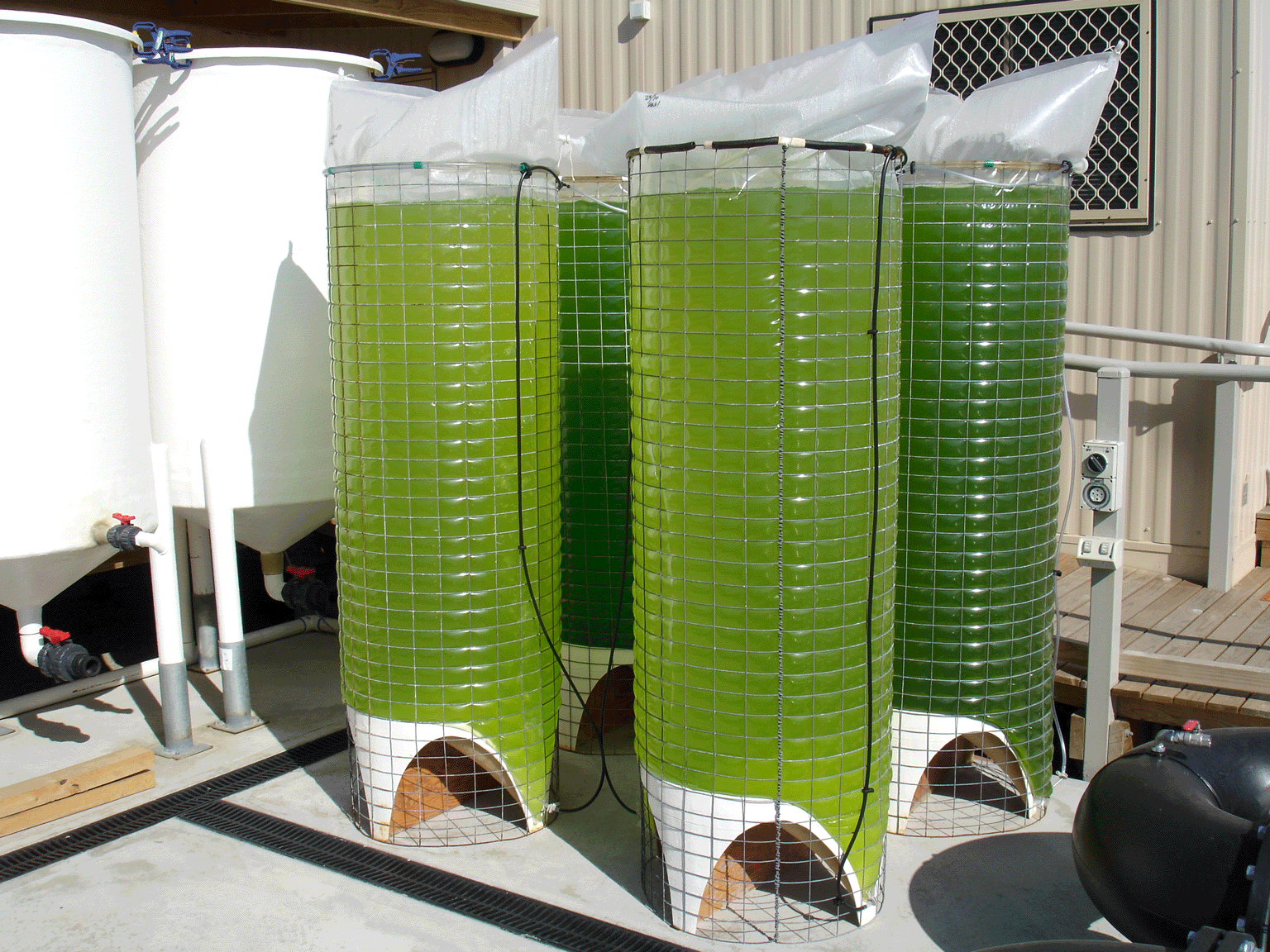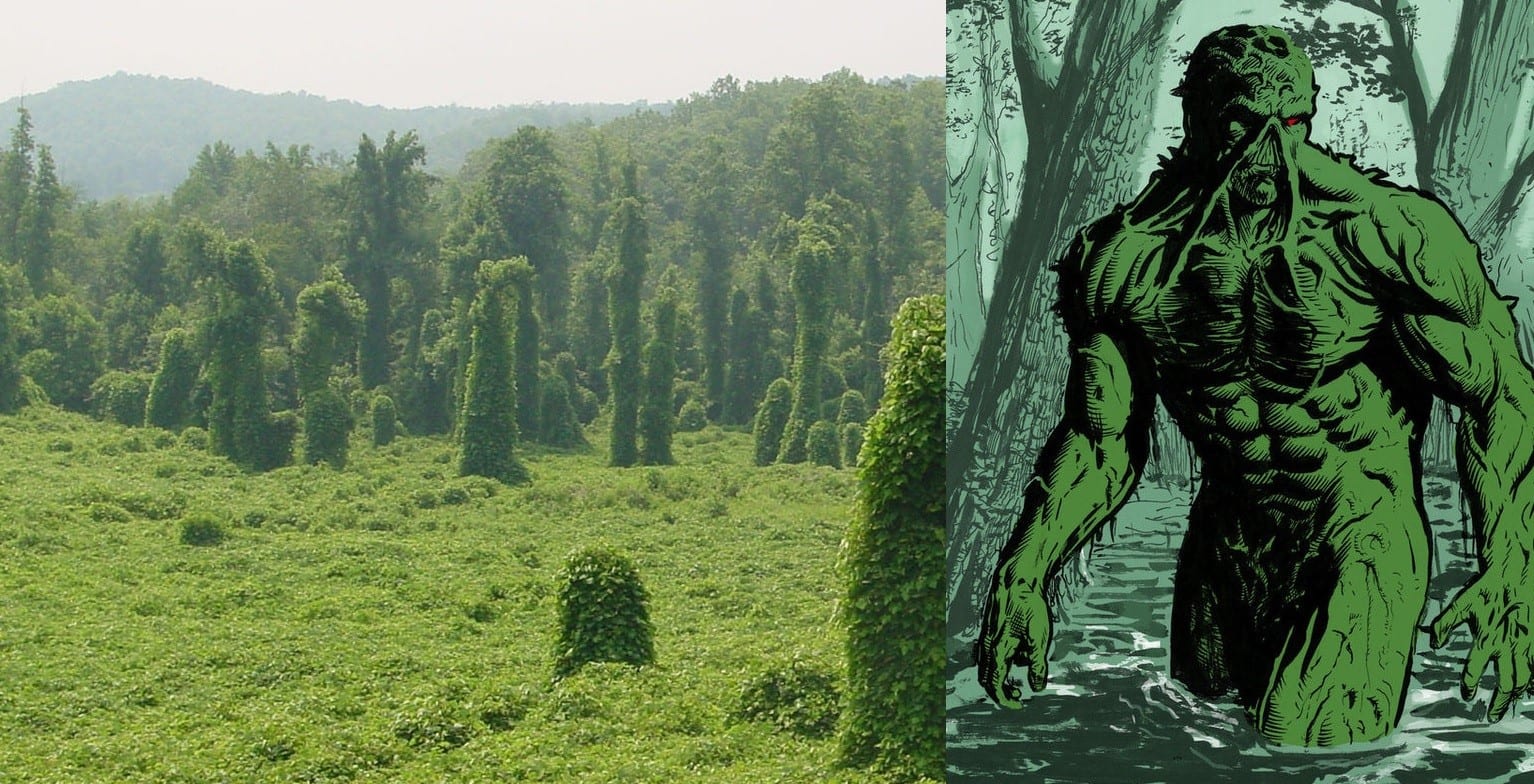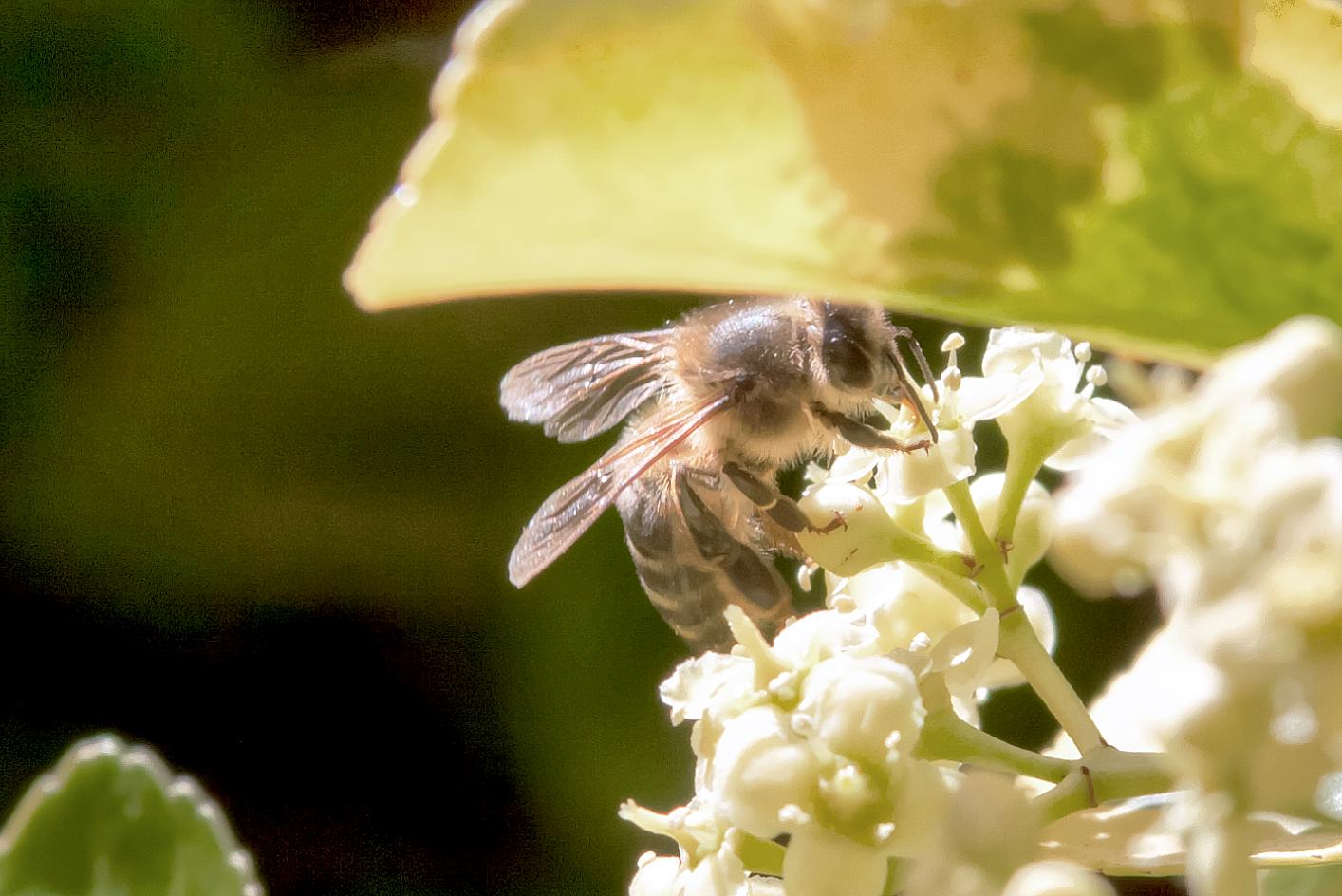
Putting a Price Tag on Nature
It is a Sunday morning. You are sitting on the front porch, sipping from a cup of coffee, and reading the day's paper. You hear a rustle, look up, and see your dog chasing a squirrel away from his nut-burying chores; you chuckle. Ah, the good life! While it may not be at the forefront


